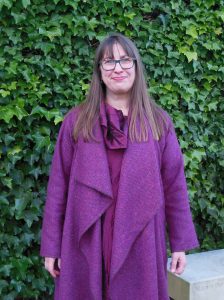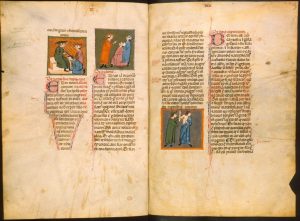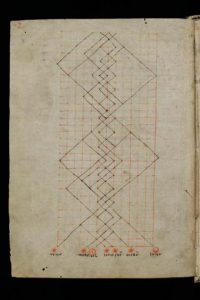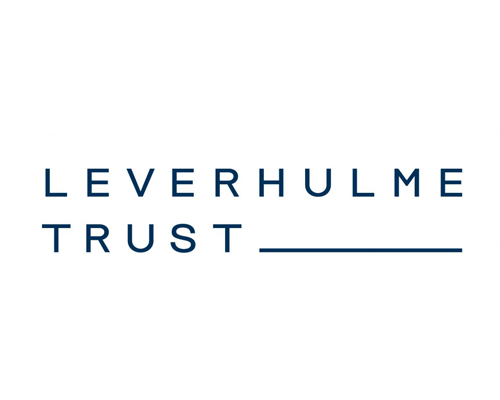SAIMS is celebrating after two of its members were awarded prestigious Major Research Fellowships by the Leverhulme Trust for 2018-21: Prof Kate Rudy (Art History) for her project ‘Measuring Medieval Users’ Responses to Manuscripts: New Technological Approaches’ and Dr James Palmer (History) for ‘Science and Belief in the Making of Early Medieval Europe’.

About her project, Prof Rudy said: “Medieval books are among the most enduring testaments of pre-modern culture. Inscribed on organic parchment, manuscripts’ signs of wear are self-documenting, recording how they have been handled, transported, upgraded, exposed, and used ritualistically. I have proposed to develop four techniques to quantitatively investigate medieval manuscripts: pollen analysis, three-dimensional photography, parchment thickness analysis, and DNA analysis of stains. Inter alia, I will work with environmental scientist Dr Eileen Tisdall (Stirling) to create a pollen mini-hoover to find out whether manuscripts with texts for Jerusalem pilgrimage were actually

taken to the Holy Land; and with Dr Jan Cemper-Kiesslich (Dept of Legal Medicine, University of Salzburg), to sample what may be blood stains in surgical manuscripts to better understand the practical role of books in late medieval medicine. Developing metric-based, machine-aided techniques – and applying existing techniques in new ways – I will answer humanities questions about how medieval people sourced materials, handled their books, travelled with them, and re-read certain favourite stories.”

Meanwhile, Dr Palmer said: “My project asks what roles sciences and medicine played in the formation of early medieval cultures. The period c.500-c.1000 is supposed to be one of great ignorance and superstition about the natural world. There have been some great studies in recent years that have pushed back against such a view, highlighting the significant volume and sophistication of

treatises and compilations from the period. I want to push this further to write a new cultural history of knowledge about nature, one that exposes its wider implications for belief, for religious and secular action, and for education and cultural production, during the formation of early medieval Christendom – with wider lessons for our understanding of ‘cultures of nature’ now. This could be quite ambitious, as there is still much work to be done in identifying and analysing long-ignored texts in early manuscripts in libraries across Europe. I look forward to getting to work!”
We look forward to hearing more about these exciting projects as they develop.
